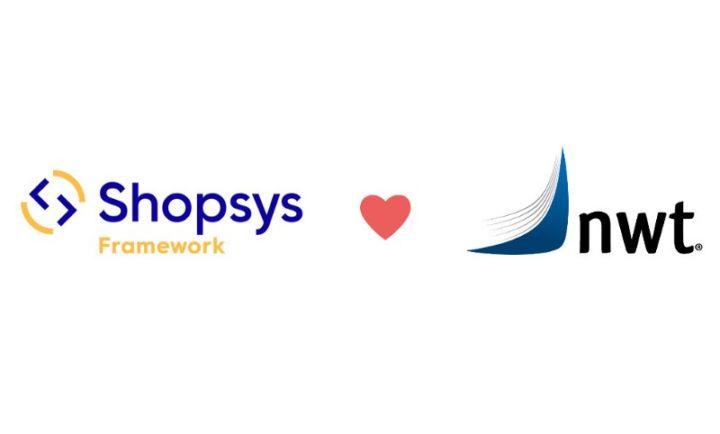
NWT a.s. is one of the most important technological advanced and innovative companies in Czechia. Their ecommerce division includes 9 online stores, including Patro.cz, Knihy.cz, lypo.cz, outdoor-shop.cz, and more. We were fortunate to have had them as clients since we began working on Shopsys Framework, and were excited for the opportunity to sit down with their Head of Ecommerce Division, Lukas Zidek to ask him about some of his experiences when it came to choosing a new ecommerce platform for his in-house development team.
 Lukas Zidek, Head of Ecommerce Division in NWT a.s.
Lukas Zidek, Head of Ecommerce Division in NWT a.s.
When and why did you start thinking about adopting a new ecommerce platform?
We started looking at a new platform in 2016. Our previous platform, on which we ran all 9 of our online stores, was inadequate in many ways. It had been created in 2008 when it was programmed by our owner, and at that time the solution was sufficient. Since then, however, it has taken on a considerable technological debt that has blocked our growth and ambition of becoming one of the best ecommerce companies in Czechia.
What kind of solutions did you consider?
Nowadays you can consider 3 possible scenarios — outsource it, build a platform from scratch with an in-house dev team, or develop in-house with the existing solution. Because of the size of the project and our high ambitions, outsourcing was not an efficient solution for us. Much of our time is devoted to everyday communication and it’s expensive. For us, it’s important to plan our budget with long term development in mind, so we decided to develop it in-house. Building from scratch has some advantages, but our calculations indicated that in the first year of development it would cost more than 390k € (~443k $). That is why we decided to build with an existing platform.
What was important for you when choosing a new platform?
Of key importance was being prepared for long-term development and future improvements. We couldn’t choose predefined platform — we need a high flexibility when building online stores. Modern architecture, sustainability, clean code, and high coding standards are also important to us.
What did this process of choosing your platform look like?
For the Head of Development we chose an experienced project manager, Radek Martinek, who had experience in building large online stores in software agencies. For him, it was essential to find a top developer, Martin, who had experience with web development technologies and programming ecommerce solutions. These two very important people made a three-month probe, examining more than 60 platforms, and gradually filtering them with three-round choices. In the second round, we installed all the platforms, tested everything, and ran the stress tests. For three months, this was the sole extent of our efforts.
Who has taken part in this process of choosing the right solution?
The Head of the Development who was doing research, and the project manager who is responsible for the technical side of things. They evaluated the possible variants and selected the ones that would be a best for us. But the final decision ultimately came down to me because everything has to be secured financially.
In the end, you chose Shopsys Framework, becoming one of our “early adopters”. How did our product gain your trust?
There were many reasons and almost all of them are of a technical nature. We were looking for a platform that was built with modern technologies and was resistant to technical debt. The platform had to be open, actively developed, and had to handle a heavy load of both in terms of operation and data. After a detailed analysis of the Shopsys Framework we were convinced. It has clear architecture, very good code quality, uniform code style, unambiguous class names, and a good data model. A big plus was knowing that the platform was developed by the Shopsys company, whom we had already known for years. All together, this convinced us that Shopsys Framework had a very solid foundation when it comes to the future development of our online stores.
Čtěte také- Introducing the Shopsys Platform: The Solution for E-Shops that Refuse to Compromise
- EMOS Case Study: B2B and B2C Ecommerce Platforms Tailored For Electronics Category
- The e-commerce market consolidation will also affect agencies developing tailor-made online stores
- Two new faces in Shopsys’ management board
- 5 Things To Consider When Adopting Ecommerce Platform From Mother Company


